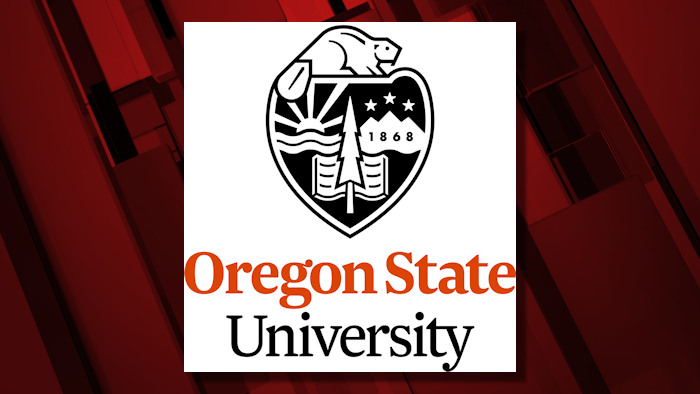OSU, partners will receive up to $300 million for climate, ocean research

CORVALLIS, Ore. (KTVZ) – Oregon State University, the University of Washington and the University of Alaska, Fairbanks will receive up to $300 million to lead a new institute focused on climate, ocean and coastal challenges that demand collaboration and sharing of scientific resources.
The National Oceanic and Atmospheric Administration chose the three universities to form the Cooperative Institute for Climate, Ocean and Ecosystem Studies, or CICOES.
“Increasingly, our scientific challenges require novel collaborations that span regional-to-global scales and include the human dimension,” said Roberta Marinelli, dean of OSU’s College of Earth, Ocean, and Atmospheric Sciences. “This new institute will provide a wealth of expertise and innovation to advance the science that underpins NOAA’s mission.”
The universities will be eligible for up to $300 million over five years. The project has potential for renewal for another five years, based on successful performance.
The regional institute allows NOAA to harness the academic research capabilities of the three universities to increase research, education and public engagement goals.
At OSU, scientists from the colleges of Earth, Ocean, and Atmospheric Sciences; Engineering; Science; and Agricultural Sciences will collaborate with scientists at UW and UAF, as well as NOAA.
The institute will focus on nine research themes: climate and ocean variability, change and impacts; earth systems and processes; environmental chemistry and ocean carbon; marine ecosystem observations, analysis and forecasts; ocean and coastal observations; environmental data science; aquaculture science; human dimensions in marine systems; and polar studies.
Oregon State offers considerable expertise in ocean and climate science, polar regions and coastal resilience, Marinelli said.
Melanie Fewings, an associate professor in the College of Earth, Ocean, and Atmospheric Sciences, said the institute will strengthen OSU’s connections with other research institutions in the northeast Pacific.
“The ocean and atmosphere drive important changes in fisheries, coasts and communities,” Fewings said. “We are working to understand what controls the speed and size of those changes, including marine heat waves like in 2014-15 and 2019 and the impacts on fisheries and coastal economies.”
Associate Professor Justin Wettstein, also of OSU’s College of Earth, Ocean, and Atmospheric Sciences, added: “This new institute brings together researchers with expertise in atmosphere-ocean connections that reach from the equator to the poles.”
The institute will be led by the University of Washington, but housed jointly with OSU and the University of Alaska, Fairbanks’ International Arctic Research Center. John K. Horne, a professor in the UW Department of Aquatic and Fishery Sciences, will serve as executive director.
“Research collaborations among NOAA, UW, UAF and OSU have a long history of in the Pacific Northwest and Alaska and we anticipate that the CI will expand further expand research, education and public engagement activities in this region,” Horne said.
CICOES is one of 17 cooperative institutes nationwide. NOAA funds the institutes at universities with strong research programs to extend basic and applied research beyond the federal agency’s capacity. The institutes also serve as a training ground for future NOAA employees through undergraduate, graduate and post-doctoral education programs that align with NOAA’s mission.
Oregon State also partners with NOAA on the Cooperative Institute for Marine Resources Studies, or CIMRS, which has been housed at Hatfield Marine Science Center in Newport since 1982.